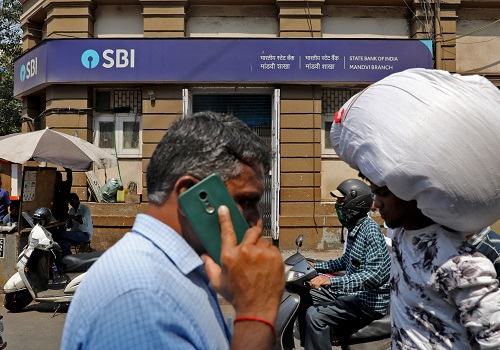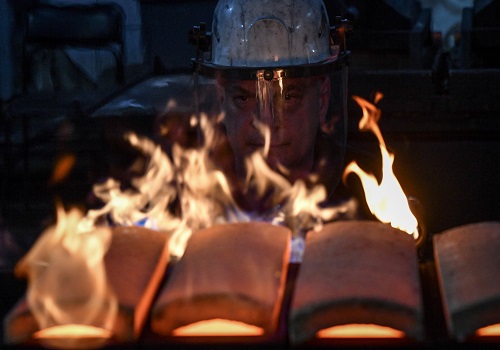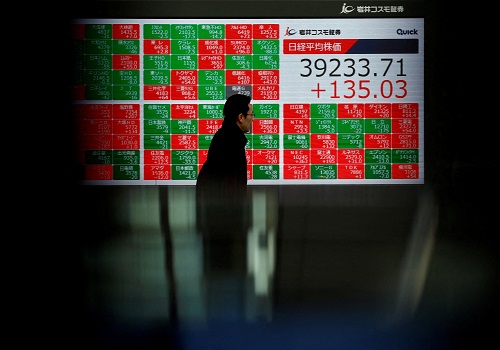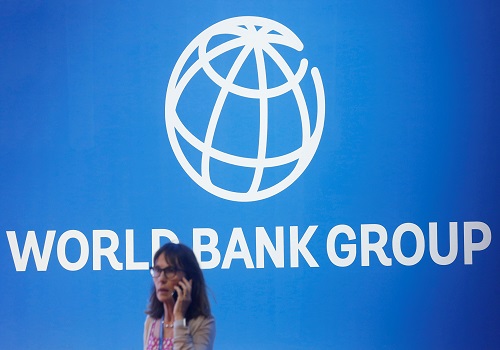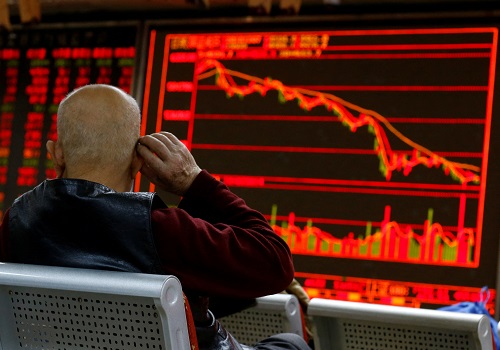Stock, bonds punch-drunk after rout, watch interest rate signals
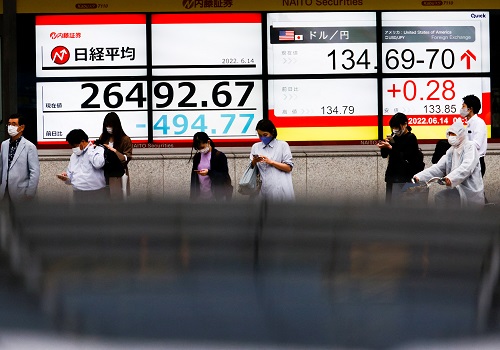
Follow us Now on Telegram ! Get daily 10 - 12 important updates on Business, Finance and Investment. Join our Telegram Channel
LONDON - U.S. Treasury yields held near multi-year highs on Tuesday, while stock markets reeled from the previous session's rout on signs that central banks' action to curb inflation would tip the world economy into recession.
Wall Street looks set for a slightly firmer open, though Nasdaq and S&P 500 futures gave up the bulk of gains made earlier in the day. Monday's sell-off confirmed a so-called bear market for the S&P 500 index, which is down more than 20% from its most recent closing high.
Expectations are growing that central banks, especially the U.S. Federal Reserve, may have to up the pace of policy-tightening to stamp on inflation, potentially sparking economic recession. Markets now see the Fed's rate hike cycle peaking around 4%, rather than the 3% seen last month.
(Graphic: https://fingfx.thomsonreuters.com/gfx/mkt/zjvqkgxgavx/Pasted%20image%201655115726737.png)
Those expectations lifted U.S. 10-year borrowing costs, the benchmark interest rate for the global economy, as high as 3.44% on Monday, a 2011 peak.
While yields slipped on Tuesday to around 3.3% they remain some 180 basis points (bps) above end-2021 levels.
With the Fed due to start a two-day meeting later on Tuesday, markets waited to see if it could raise rates by a bigger-than-expected 75 bps, a possibility flagged by several investment banks, including Goldman Sachs.
That move, which would be the biggest increase since 1994, is also almost fully priced for Wednesday.
That repricing has pummelled assets that benefited from rock-bottom interest rates - stocks, crypto, junk-rated bonds and emerging markets.
"Quite simply, when we see monetary tightening the order of what we are seeing globally, something is going to break," said Timothy Graf, head of EMEA macro strategy at State Street.
"Stock markets are reflecting the reality of the first-order effect of tighter financial conditions," Graf said, predicting that with U.S. stock valuations still above COVID-time lows, there was more pain to come.
"I think there are other shoes to drop," he added.
MSCI's index of global shares slipped 0.3%, extending Monday's 3.7% fall, while a pan-European equity index slumped 1% to March 2020 lows.
Asian shares too fell 1%, catching up with Monday's bleak Wall Street session, when the S&P 500 and the Nasdaq indexes lost 4% and 4.7% respectively.
There was little let-up for crypto markets, where bitcoin and ether plumbed new 18-month lows, reacting to interest rate expectations and crypto lender Celsius Network's decision to freeze withdrawals.
Bitcoin which fell as low as $20,816, is down more than 50% this year.
World markets latest lurch lower was triggered on Friday by U.S. data showing annual inflation to May shot up by 8.6%.
The ensuing bond sell-off lifted two-year U.S. yields more than 50 basis points over two sessions, pushing them above 10-year borrowing costs on Monday in the so-called curve inversion that is considered a harbinger of recession.
Two-year yields eased to 3.3% on Tuesday, versus its 3.43% peak, its highest since 2007. The yield curve remains flat reflecting concern for the world economy, especially as commodity prices offer little respite.
Brent crude futures rose above $123 a barrel, supported by the tight oil supply picture.
State Street's Graf does not see recession as inevitable but acknowledged that "monetary tightening and the squeeze on real incomes from commodity prices mean the probability has gone up".
Markets are also having to contend with the dollar's surge to new 20-year peaks against a basket of currencies.
It eased 0.10% on Tuesday, offering respite to other currencies, but the yen continues to languish at 24-year lows against the greenback.
With the Bank of Japan expanding bond purchases on Tuesday and unlikely to budge from ultra-low rates policy at its Friday meeting, yen respite looks unlikely.
"Given Wednesday may see the Fed go 75 bps and flag more, while the BOJ on Friday will only flag more bond-buying, the yen is not going to stay at these levels for long. It's going to get much, much worse," Rabobank strategist Michael Every said.
(Graphic: https://fingfx.thomsonreuters.com/gfx/mkt/zgpomdwllpd/King%20dollar.JPG)








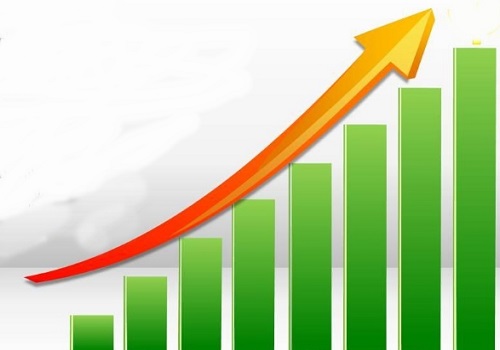
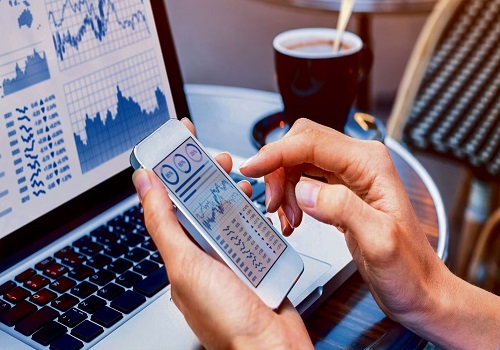


 320-x-100_uti_gold.jpg" alt="Advertisement">
320-x-100_uti_gold.jpg" alt="Advertisement">

